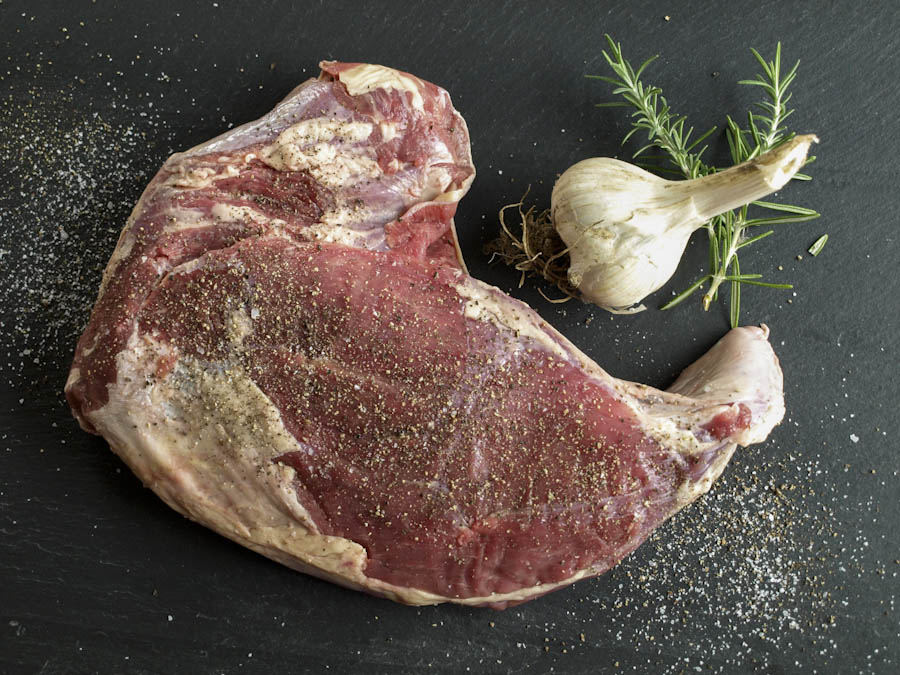Does All Beef Contain Antibiotics? Does Chicken?
The results of a new study are disappointing
A recent study by researchers at George Washington University found that 15% of a broad sample of cows in the USDA “Raised Without Antibiotics” (RWA) program contained detectable levels of tetracycline. I suspect the actual number is a bit higher, since cows can clear tetracycline from their system, meaning some number of cows that tested negative for it could have been taking it earlier in their lives. Regardless, it is not a particularly confidence inspiring result, since the whole purpose of the RWA program is to guarantee that animals enrolled in it are never administered antibiotics.
It’s hard to know what to make of these programs. On the one hand, I’m glad that there are enough people out there thinking about food quality to support a separate label, even if that label isn’t quite the guarantee it should be. But as I’ve written in the past, I do worry that the proliferation of labels and fancy terms can end up causing more confusion than clarity or create an impression of wholesomeness that has little to do with reality.
What about antibiotics in chicken?
If you’ve looked at a package of supermarket chicken you’ve likely seen a label that makes the claim that it is “antibiotic free.” This does not mean all chickens sold in America have never been given antibiotics. Rather, chicken meat, by law, cannot have detectable levels of antibiotics, a standard that means antibiotics cannot be administered in the final weeks of a chicken’s life. Prior to that, they are fair game.
There are a bunch of other standards that put further restrictions on which drugs can be given – here’s a comprehensive rundown – but like the RWA, these are only as good as their enforcement. I’ve looked for any studies that quantify the prevalence of antibiotic residue in chicken meat, but I haven’t found much.
Why it matters
I doubt the antibiotic residue in the meat supply is having much of a direct effect on human health, though I’m open to the possibility that it is. Excessive use of drugs in livestock does contribute to the spread of antibiotic resistant strains of pathogens. But the other reason I care about this is that I would like to see a food system that maintains the most basic level of integrity.
I think back on a New Yorker article about massive fraud in the Certified Organic grain market. I fear this sort of cheating, labelling conventional grain organic, giving antibiotics to cows that are supposed to be antibiotic free, is a symptom of a food system in which marketing and public perception are increasingly unrelated to the actual methods of production. We should be able to do better.

